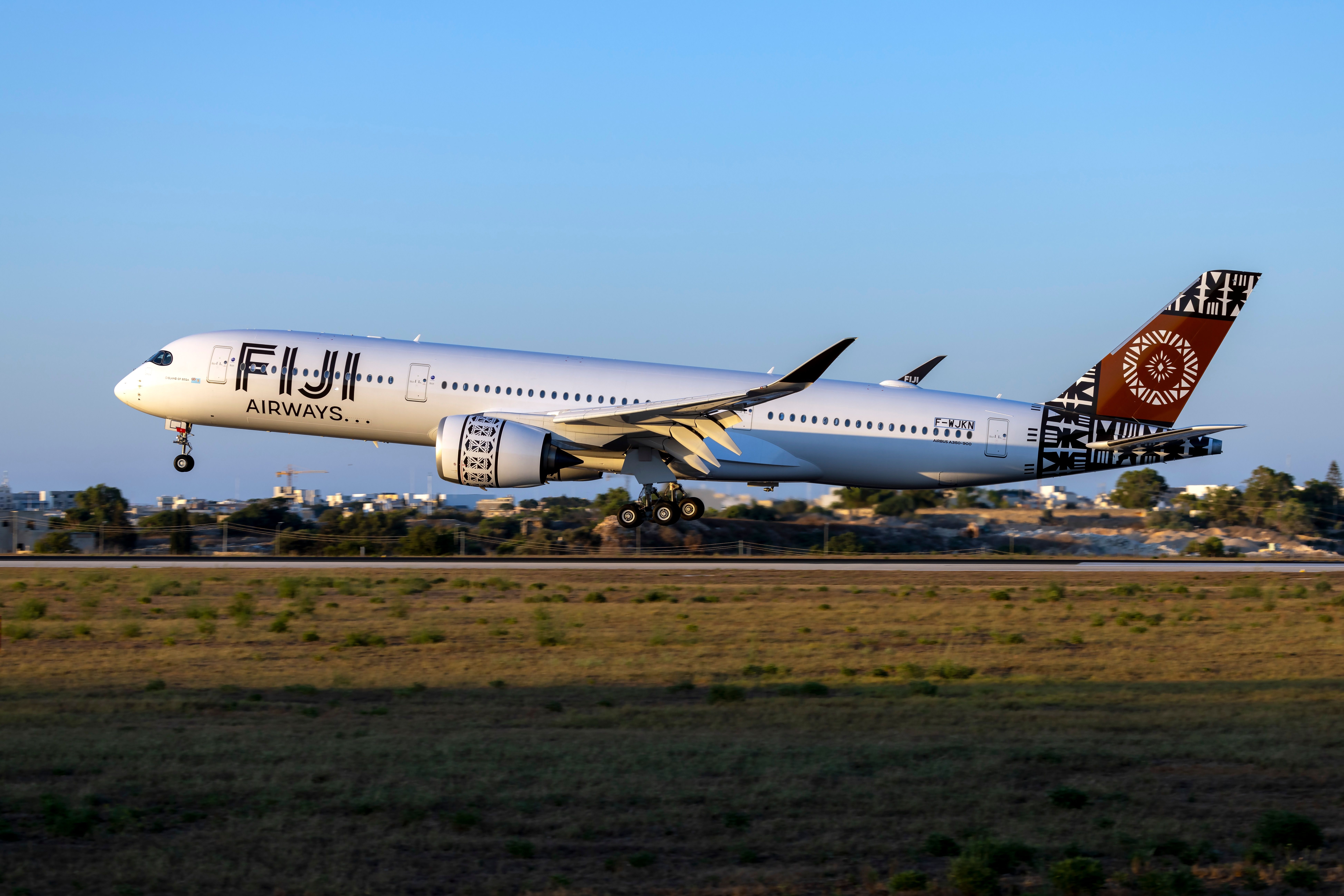Thursday, August 22, 2024 As the frequency and intensity of wildfires escalate across the United States, the crucial role of wildland firefighters has never been more apparent. These brave men and women are often the last line of defense, protecting homes, neighborhoods, and natural landscapes from devastating flames. However, the US Forest Service is facing significant challenges in maintaining and expanding its workforce, a problem that experts warn could have serious consequences in the coming years.
The demand for wildland firefighters is on the rise, driven by longer and more extreme fire seasons. Matt Nielsen, the Assistant Director for Fire and Aviation Training and Workforce Development for the Intermountain Region, emphasizes the growing need for more personnel. “Without hesitation, I would answer yes,” Nielsen states, when asked if more firefighters are needed.

“It seems that the fire season is longer and more extreme.” The year 2025 is projected to require hundreds more wildland firefighters, and the demand will only continue to grow as climate change fuels more frequent and severe wildfires. Despite the pressing need, recruitment remains a significant challenge.
Tim Turner, the airbase manager for the Wasatch Helitack firefighting team, highlights the difficulties in attracting new recruits. “Recruitment is tough right now,” Turner admits, reflecting a nationwide struggle to fill these vital roles. The job of a wildland firefighter is not for the faint of heart.
It is an occupation that is physically, mentally, and emotionally demanding. Nielsen describes the work as “very extreme,” pointing out the rigorous physical demands of battling fires in often remote and rugged terrain. The mental and emotional strain is equally intense, as firefighters must stay focused and composed under the pressure of life-threatening situations.
These challenges can also take a toll on the personal lives of firefighters. “The thing that sticks with me is the time away,” Nielsen shares, reflecting on his own experiences. Firefighters often spend long periods away from their families, with deployments lasting up to 25 days at a time.
This extended time away can be difficult for both the firefighters and their families, leading to a high turnover rate as experienced personnel leave the profession for more stable and family-friendly careers. Tim Turner’s story is a testament to the unique allure and challenges of wildland firefighting. Before he became a firefighter, Turner was living the life of a businessman in Florida, dressed in suits and wingtips.
His life took a dramatic turn in 2000 when a family friend convinced him to spend a summer as a wildland firefighter in St. George, Utah. The experience was transformative.
“It is very arduous. The work can be very difficult,” Turner acknowledges. Despite the hardships, Turner found a deeper purpose in the work.
Today, he leads a helitack team, a specialized group of firefighters who are deployed to areas where fires are most difficult to reach. His team plays a critical role in containing and extinguishing fires before they spread uncontrollably. Turner’s journey from the corporate world to the front lines of firefighting underscores the intense dedication required for this line of work.
It also highlights the sense of fulfillment that many firefighters find despite the difficulties, driven by a commitment to protecting communities and preserving natural landscapes. Beyond the direct threats to life and property, wildfires also cause significant travel disruptions, leading to chaos in affected regions. Wildfires can lead to the closure of roads, airports, and entire regions, stranding travelers and causing widespread travel chaos.
As wildfires become more frequent and intense, the impact on travel is expected to worsen, leading to increased travel disruptions and economic losses in the tourism sector. The travel disruptions caused by wildfires can have a cascading effect, impacting not just local communities but also the broader economy. Tourism, which is a vital source of revenue for many regions, often suffers as travelers cancel plans or avoid areas prone to wildfires.
The resulting travel chaos can lead to lost revenue for businesses, job losses, and a prolonged economic recovery for affected areas. As the wildfire threat grows, so does the need for a larger and more resilient wildland firefighting workforce. Experts agree that addressing the recruitment crisis is crucial to meeting the demands of future fire seasons.
However, attracting and retaining firefighters requires more than just filling positions; it involves addressing the challenges that make the job so demanding. One potential solution is to improve working conditions for firefighters, including better support for their mental and emotional well-being. Providing additional resources, such as counseling services and family support programs, could help reduce burnout and turnover.
Additionally, offering competitive pay and benefits, along with opportunities for career advancement, may make the profession more attractive to new recruits. Moreover, raising public awareness about the importance of wildland firefighters and the critical role they play in protecting communities could also help in recruitment efforts. As climate change continues to drive more extreme fire seasons, the need for a well-trained and adequately staffed firefighting force will only become more urgent.
The United States wildland firefighting workforce is at a critical juncture. As the threat of wildfires intensifies, the need for more firefighters is clear. However, recruitment challenges, the demanding nature of the job, and the personal sacrifices required are making it increasingly difficult to meet this demand.
Addressing these challenges is essential to ensuring that the country is prepared to face the growing wildfire threat and minimize the travel chaos and disruptions that often accompany these disasters. Tim Turner’s experience reflects both the challenges and the rewards of this demanding profession. As the nation looks ahead to more extreme fire seasons, the dedication of firefighters like Turner will be crucial in safeguarding communities and maintaining the resilience of the firefighting workforce.
.



















